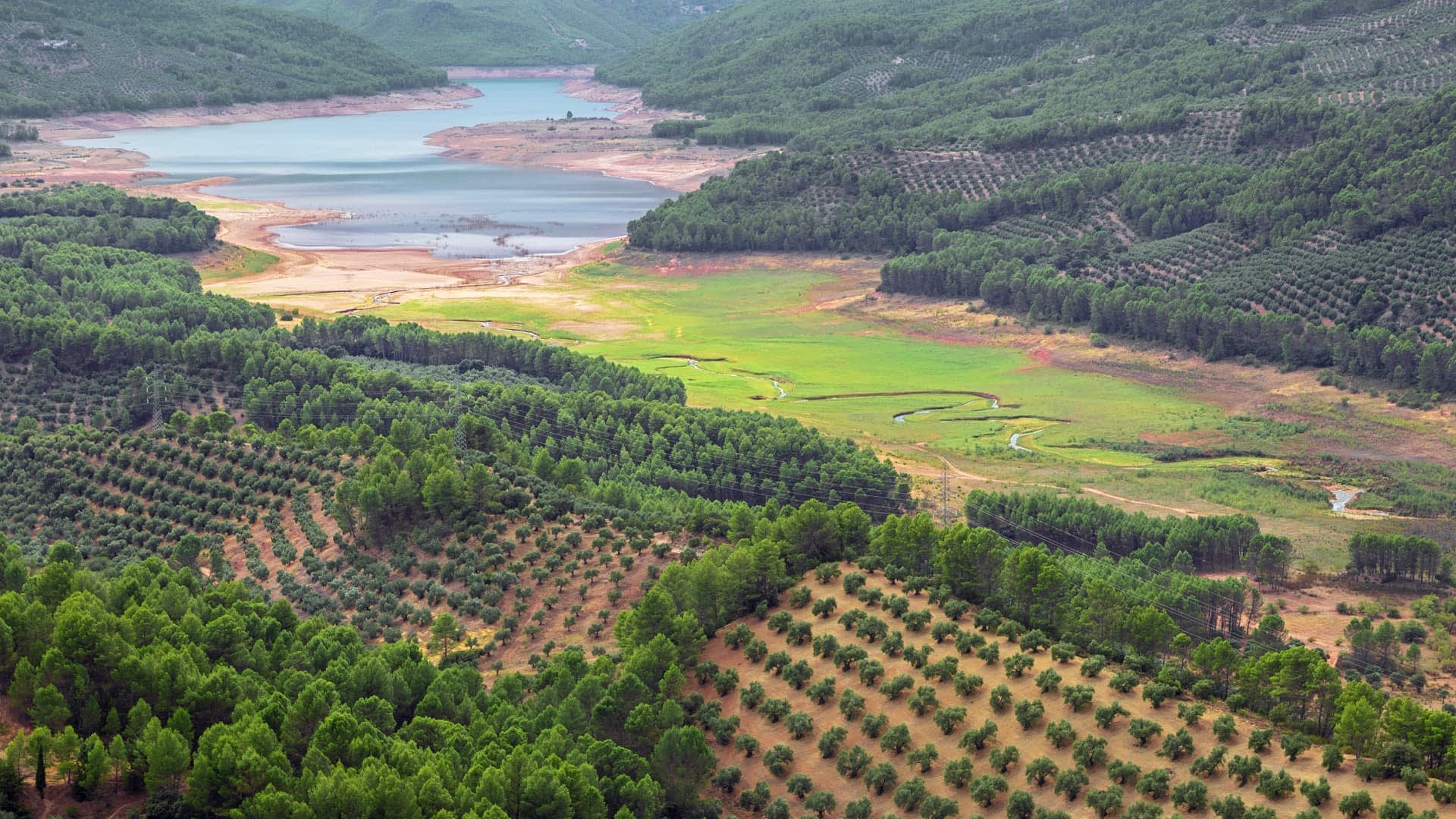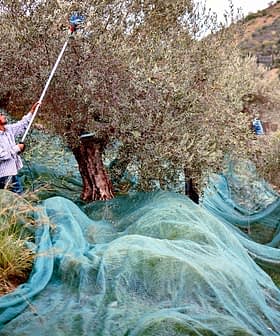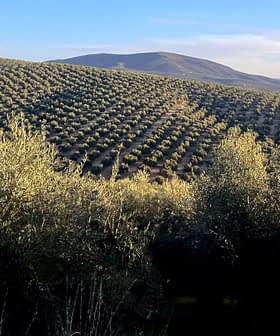Researchers in Andalusia Develop AI Tool to Improve Irrigation Efficiency

Researchers at the University of Córdoba have developed an AI tool, LSTMHybrid, that can predict water needs for irrigation a week in advance with 80% accuracy, aiming to help farmers save water and energy. The tool simplifies data input for farmers and irrigation managers, allowing for more precise budgeting of water needs and optimization of water and energy costs.
Researchers from the University of Córdoba’s agronomy department have developed an artificial intelligence tool that will help farmers predict how much water they need for irrigation a week in advance.
The researchers added that this latest tool, LSTMHybrid, is part of a broader effort to digitize irrigation, which they said will help farmers lower production costs by saving water and energy.
The latest tool is based on the Cangenfis model, developed in 2021 and trained using four years of climatic data from Zújar in the Andalusian province of Granada. When deployed, it could predict long-term water needs for irrigation with 80 percent accuracy.
See Also:AI Tool for Olive Farmers Will Improve Yields, Reduce Costs, Researchers SayHowever, the first iteration of the AI-powered tool could only predict overall water needs for various crops, including rice, corn and tomatoes.
“The big difference with respect to previous models is that it is the first time that it has been done on a seven-day scale,” said Rafael González, one of the three lead researchers involved in both projects.
LSTMHybrid allows farmers to budget their water needs more precisely and overlay expected irrigation requirements with the different tariff periods. The hope from researchers is this more precise data will help farmers make the most economically and agronomically informed decisions to optimize water and energy.
The need to modernize Spain’s irrigation system, which researchers said has traditionally been guided by historical experience and not predictive data, has been made all the more necessary by the enduring drought and perilously low reservoir levels.
While CANGENFIS used hundreds of neural networks that take half a million different factors into consideration, LSTMHybrid makes its predictions based on average temperature, reference evapotranspiration, humidity and previous irrigation records.
See Also:Researchers Use AI to Identify extra virgin olive oil ProvenanceThe new model can also save previously-entered data to help improve its ability to predict year-over-year.
This simplification allows farmers and irrigation managers to manually input weekly data into the system via an ordinary computer, predicting how much water is needed for irrigation the following week.
“Knowing the demand for water several days in advance will facilitate the management of the system and will help to optimize the use of water and energy costs,” said Juan Antonio Rodríguez, another researcher involved in both projects.
Along with improving water management, Antonio Rodríguez added that the new predictive capability would help the region’s transition to renewable energy by providing more accurate forecasts for agricultural energy demand.
“The knowledge is there, and the technology has been tested and works,” said the third lead researcher Emilio Camacho. “Now we have to develop the tool that allows the communities to use this technology in a simple way so that the companies that are going to provide the technological solution to the irrigation community introduce these advances.”









